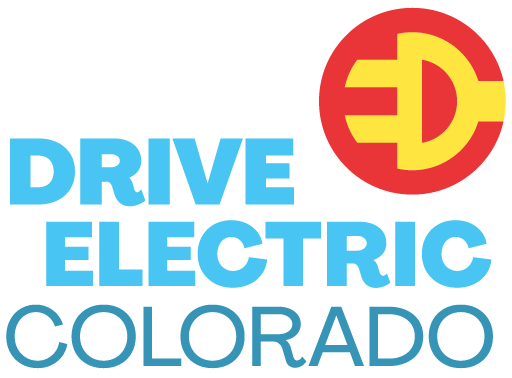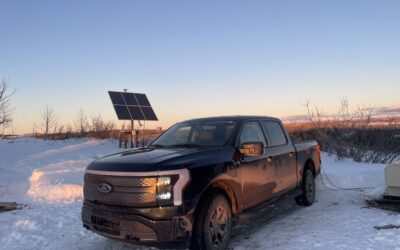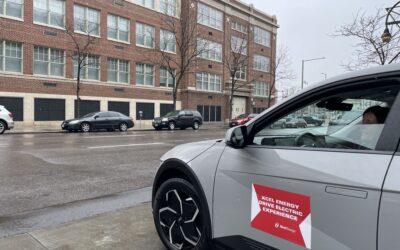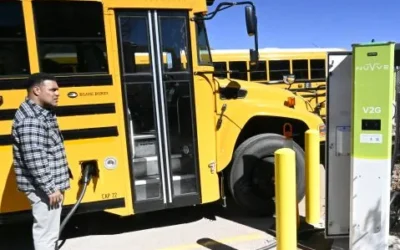It seems like the world of 2022 is full of fees. Fees to bring a carry-on with Frontier Airlines. Fees to book a place to stay in Airbnb. Fees to park your car at a hotel parking lot. And none of them ever feel great to pay. However, there is one fee I am happy to pay and that is the Plug-In Electric Vehicle fee for the state of Colorado.
It was a surprise to see the fee the first time I registered my EV in Garfield County, as I did not know there was a EV fee at the time. At registration, I was also handed a small sticker decal to place on my windshield to “prove” my Tesla Model 3 was, indeed, an electric car. I chuckled to myself, thinking, well…duh, of course a Tesla is an EV. I have come to find out much later after Ubering many passengers in my Tesla, that in fact, many people still think a Tesla is a hybrid. “So, how small is the gas tank?” “You still get gas though, right?” Have been many a question I have fielded driving passengers to and from their destinations.
So, the decal, which is designed to inform law enforcement, allows me to plug into state-funded public chargers, such as those in the new DCFC corridor being built out by the Colorado Energy Office. But what about the registration fee that I had to pay?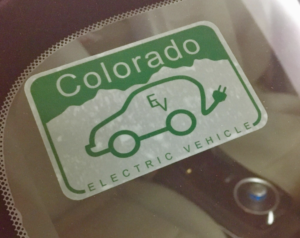
At registration, the fee comes to a grand total of $50 and is paid annually at the time of renewal. I was, excuse the pun, sticker-shocked when I saw it and thought it was crazy to pay $50 to get a sticker decal for my car. However, digging a bit deeper, I came to realize this fee is quite practical and very much worth the price. Approximately $30 of the fee is portioned for the State Highway Users Tax Fund, which is used for highway maintenance. As a West Slope resident who travels the Divide often, I greatly appreciate paying my part for the work to make these roads passable.
The other $20 of the fee is portioned for the funding of the DCFC corridor itself. This is a fund I am more than happy to provide for, as its design is to increase the charging infrastructure state-wide via grants and allows out of town visitors to explore our state without fear of range anxiety.
However, starting in year 2022, Colorado Legislation has allowed the state to begin adjusting the rate of the fee annually as a “road equalization” fee. Essentially, it gets more expensive to take care of the roads over time, and more EV’s means more vehicles with heavy batteries adding more wear to the roads. As such, the fee could increase as much as $96 by2032. That seems steep thinking about registration in ten years, but considering today an average American spends annually between $150-$400 in gas tax alone for driving an ICE vehicle, I'm not terribly worried as long as the funding truly expands our charging infrastructure to be very robust in all communities across our state.
Written by Ben Westby
Photos by Ben Westby
